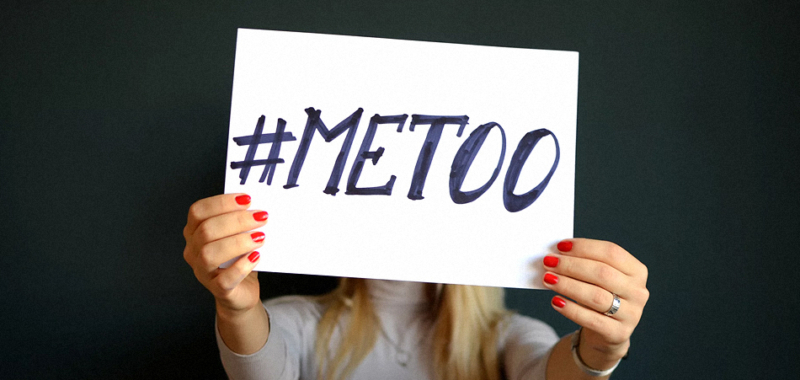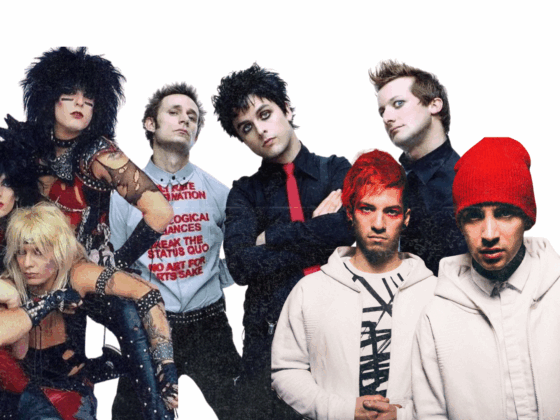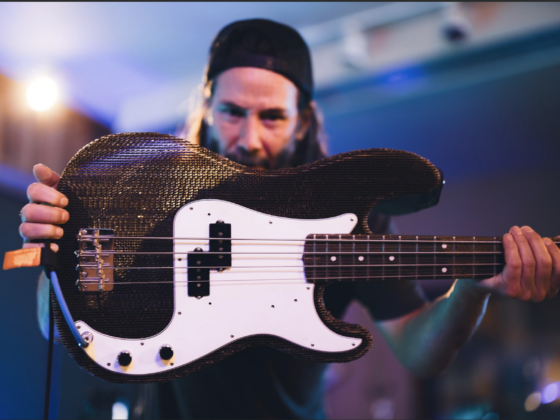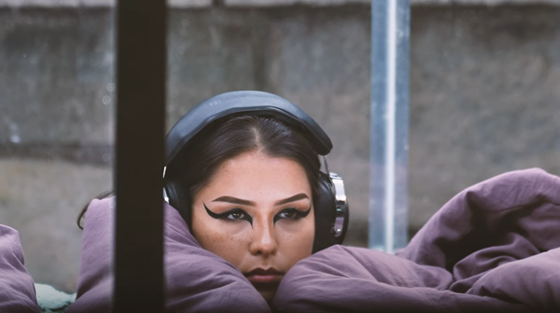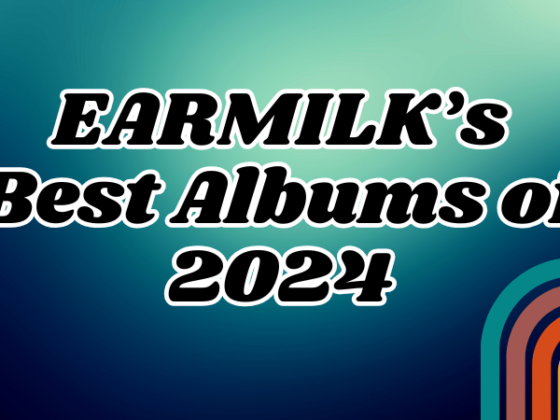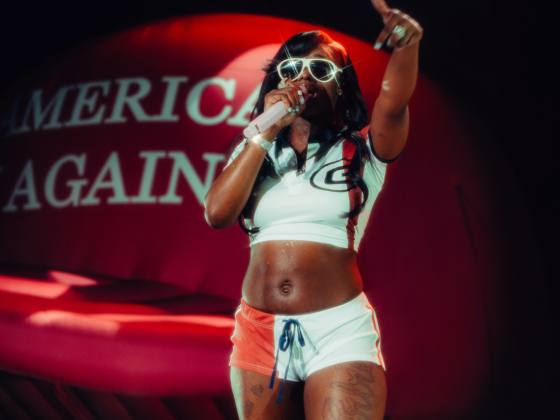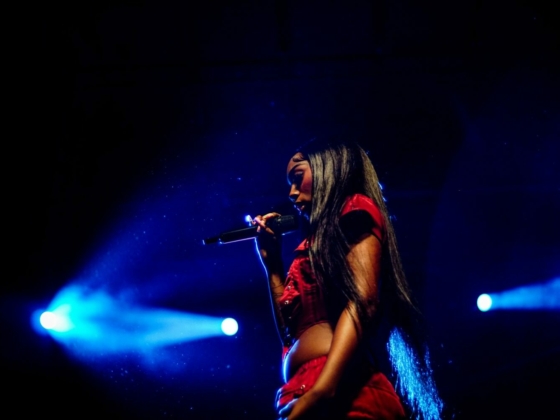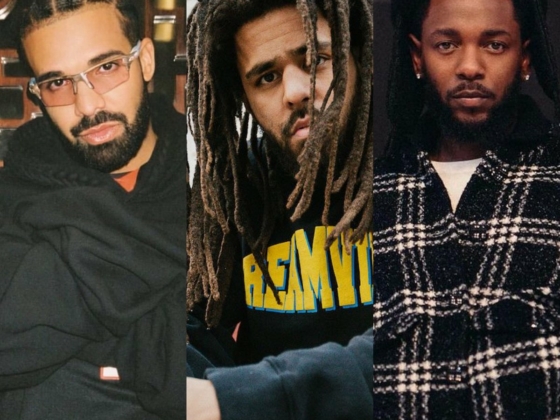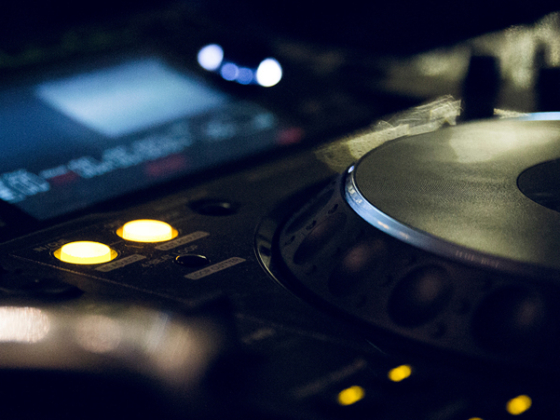Sexual assault and domestic violence have been especially prominent topics in pop culture and politics right now. The hashtag #metoo has been circulating on Twitter, launched by the revelation of years of alleged rampant sexual misconduct and rape of women by Harvey Weinstein, an influential film producer and a co-owner of Miramax. Women and men who are survivors of abuse are tweeting with the hashtag in an attempt to reveal just how widespread the issue is.
At the forefront of our attention in the realm of music has been XXXTentacion, a rapper with soaring popularity in spite of an ongoing case against him where he has been charged with aggravated battery of a pregnant woman, domestic battery by strangulation, false imprisonment, and witness-tampering. Depositions from this case, which has been ongoing since last October, were obtained by Pitchfork this September. They include testimony from the victim that details the violent beatings, the threats made to rape her on multiple occasions, among other horrific details of what she endured while living with XXXTentacion. R&B pioneer R. Kelly was the center of a Buzzfeed exposé released this July (a lengthy read that is absolutely worth your time) that investigates his disturbingly possessive relationships with multiple young women. In the exposé, the author reported that “Kelly confiscates the women’s cell phones, they said, so they cannot contact their friends and family; he gives them new phones that they are only allowed to use to contact him or others with his permission. Kelly films his sexual activities . . . and shows the videos to men in his circle." That hasn’t even been the most recent case; Kodak Black was indicted barely a week ago on first-degree sexual conduct charges. The Gaslamp Killer has been accused just this week of drugging and raping of two women. The list goes on.
i've been silently suffering over this for many years. the gaslamp killer drugged and raped my best friend and myself 4 years ago pic.twitter.com/yvJM5HEJay
— chelsea (@chelseaelaynne) October 13, 2017
These harrowing accounts are part of a narrative where male artists utilize their position of power in an attempt to exert control over women; whether the abuse is physical or verbal, the narrative is the same. As an avid music listener and a woman, it has been hard for me to come to terms with the idea that some of the songs I connect with can come from someone who has done truly reprehensible things to women. But, the truth is, just because someone may make incredible music, doesn't mean they didn't do what they've been accused of. And there in lies the moral dilemma that many of us are facing whether we've acknowledged it yet or not. Ignorance is hardly an excuse, as so many of these allegations are public and widely discussed. But once you know of allegations against an artist you love, what do you do? I see article after article detailing the allegations, but never do they include what you can do to take a stand.
When addressing the best way to protest, highlighting the power of the consumer in most industries is central. Boycotting is a strategy that has been effective enough to catalyze real change in other industries. Why should the response to the music industry be any different? The answer to that is complicated but I think the root lies in the concept that yes, music is a commodity within the overall business of the music industry, but it is also more than that. It is art, with the ability to allow us to profoundly connect with others, ourselves, and the world around us. It is sometimes more complicated than just “don’t listen." For example XXXTentacion’s most recent album release is critically acclaimed for its emotionally robust blend of rock, rap, future r&b, and to be perfectly honest, raw sadness. In writing that sentence, it is difficult to stop it from coming across as though I support the abuser, but I think that in order to truly address the issue at hand, it’s important to acknowledge that the situation really is more complicated than just “don’t listen anymore" for many people.
https://t.co/ovjuQN8weO listen to this album if you feel anything. raw thoughts. https://t.co/ovjuQN8weO
— Kendrick Lamar (@kendricklamar) August 26, 2017
Here is a list of ways that you can use your power as a consumer to protest domestic violence, without sacrificing your access to art that may resonate with you:
- I’ll begin with perhaps the most obvious point; don’t buy anything from the artist in question. Merchandise, albums (not that people do that much anymore anyways), and concert tickets— all are off limits. This is your purchasing power, and exercising it is important in order to convey the message that you won't reward abuse. It's hard to see the effects of withholding money when it's just one person, but doing so is imperative anyways. If enough potential customers do the same, it will be effective.
- Instead of streaming— illegally download, illegally download, illegally download. We all know that streaming profits are negligible, and a very quaint percentage usually goes to the artist out of what is made anyways. But, more importantly, the data gathered from the number, location, age, and sex of the listeners is used to leverage booking gigs for these artists. And nowadays live performances and ticket sales is where the real money lies. If you must listen to the artist, illegally download their work to avoid boosting those numbers, and if you have any friends that are fans please encourage them to do the same.
- Refuse to speak about the artist's work without context. It’s irresponsible to allow an album to be discussed, praise or not, without also including the allegations against the artist (cough, cough— Kendrick Lamar). This is important in preventing a chain reaction of ignorance. The person that you are putting on could then spend their money, unknowingly rewarding the artist in spite of their reprehensible behavior.
- Don't follow the artist on socials of any kind and encourage your friends to do the same. Social media engagement is another factor that promoters look at to minimize risk when booking an act— high engagement rates on twitter or instagram indicates it is likely that fans will shell out money for a live performance.
- Remember to support the victim. It takes an incredible amount of strength to come forward, especially if the artist is in the public eye. Rarely are accusations unfounded, there is no incentive to coming forward (in fact there are many, many dissuasions to do so), and victim-blaming is a direct show of support for rape-culture. Correct others around you that victim-blame in a way that explains why sexual assault cases are more complicated than other crimes. Not everyone knows better, but if approached without condescension, these people are more likely to hear you with an open mind.
Yes, many of the artists mentioned in this article have allegations made against them, but in a court of law have not been found guilty or have even been charged. That doesn't mean that injustice hasn't occurred and shouldn't mean we can write off those allegations— the justice system at least in the U.S. is designed in such a way that it discourages victims from pursuing legal recourse. As a lover of an industry that undeniably props up a number of these abusers, I want everyone that loves music the way that I do to know that they can take a stand when others (labels, promoters, managers) don't. Say "rape will not be rewarded" with your actions, and encourage those around you to do the same. #metoo

